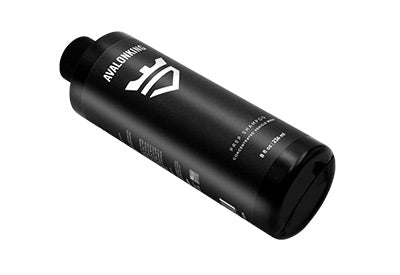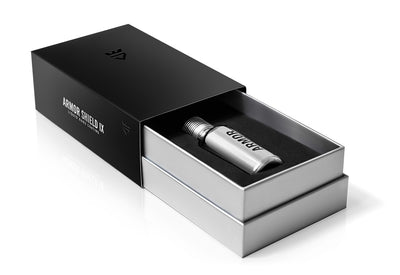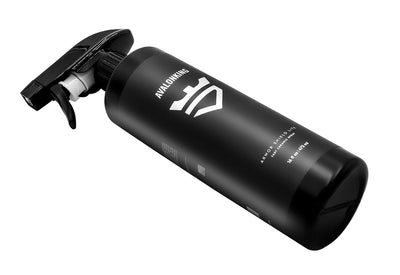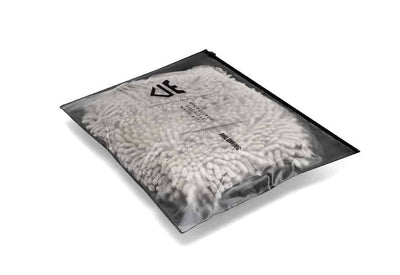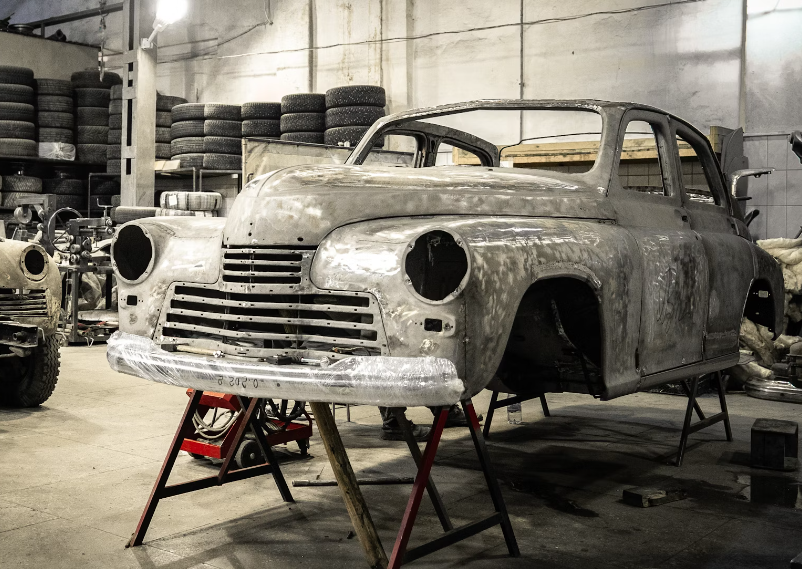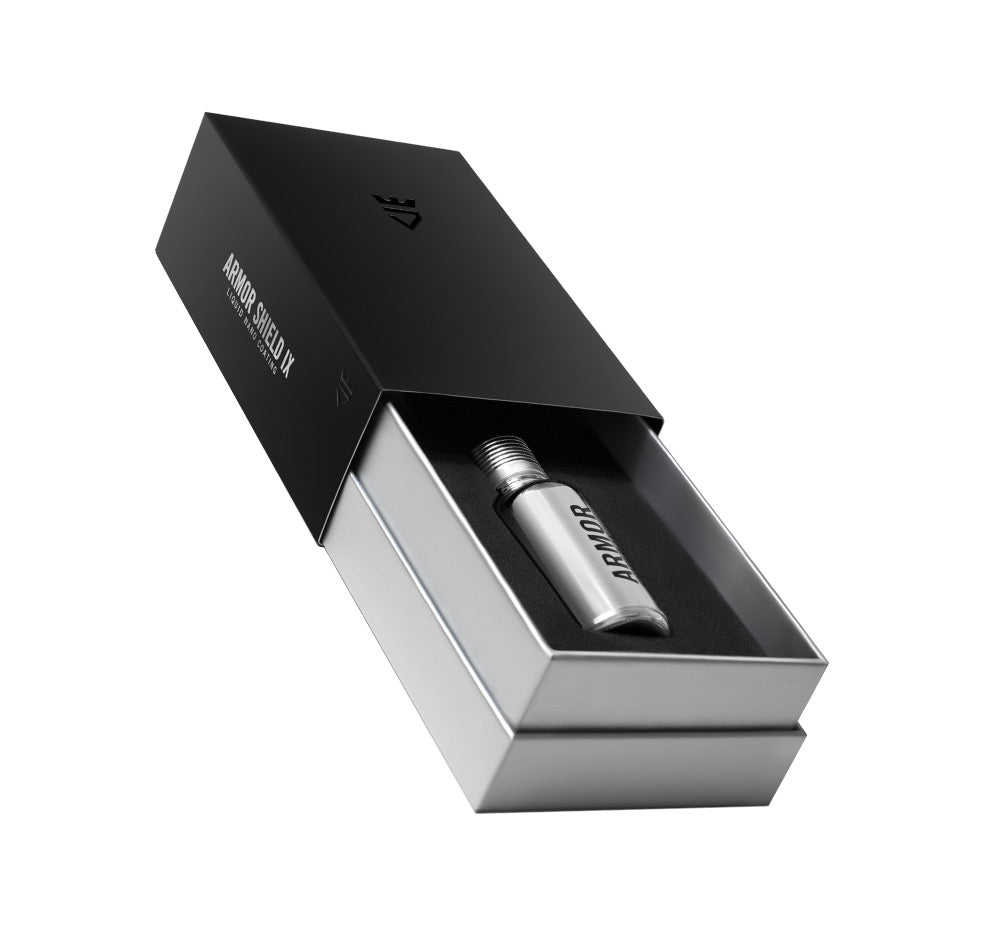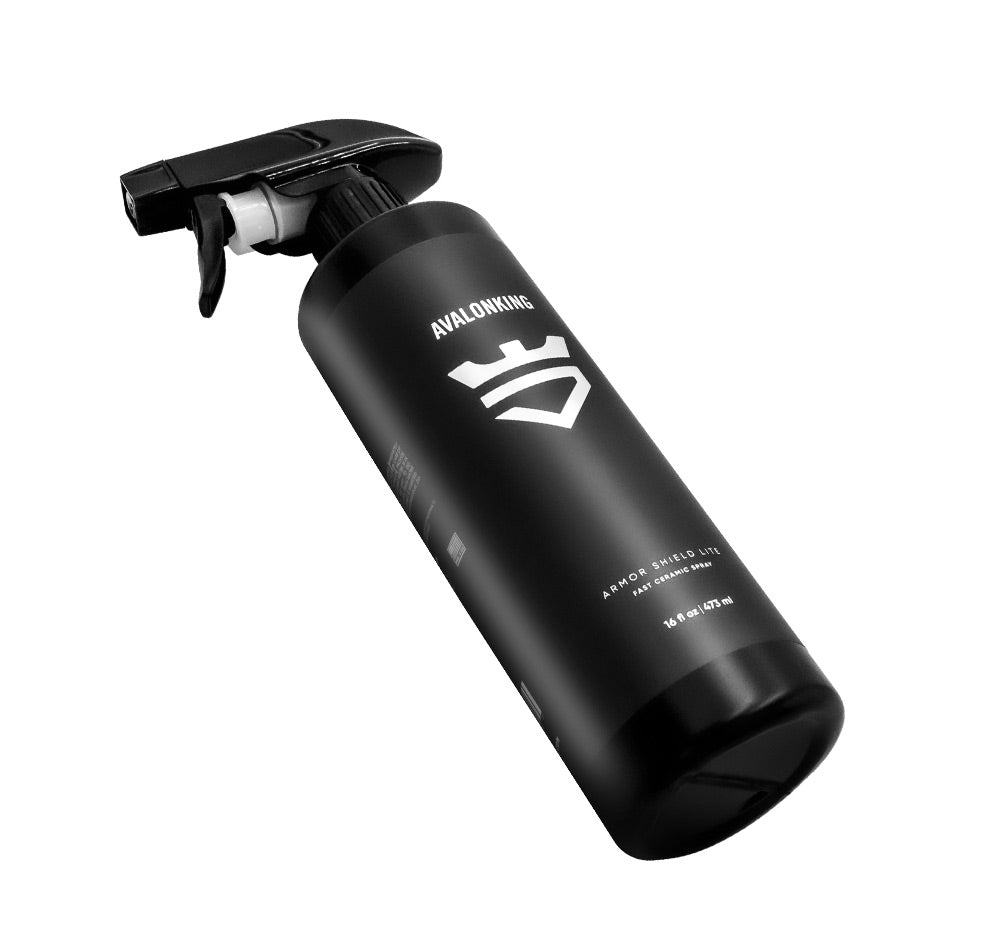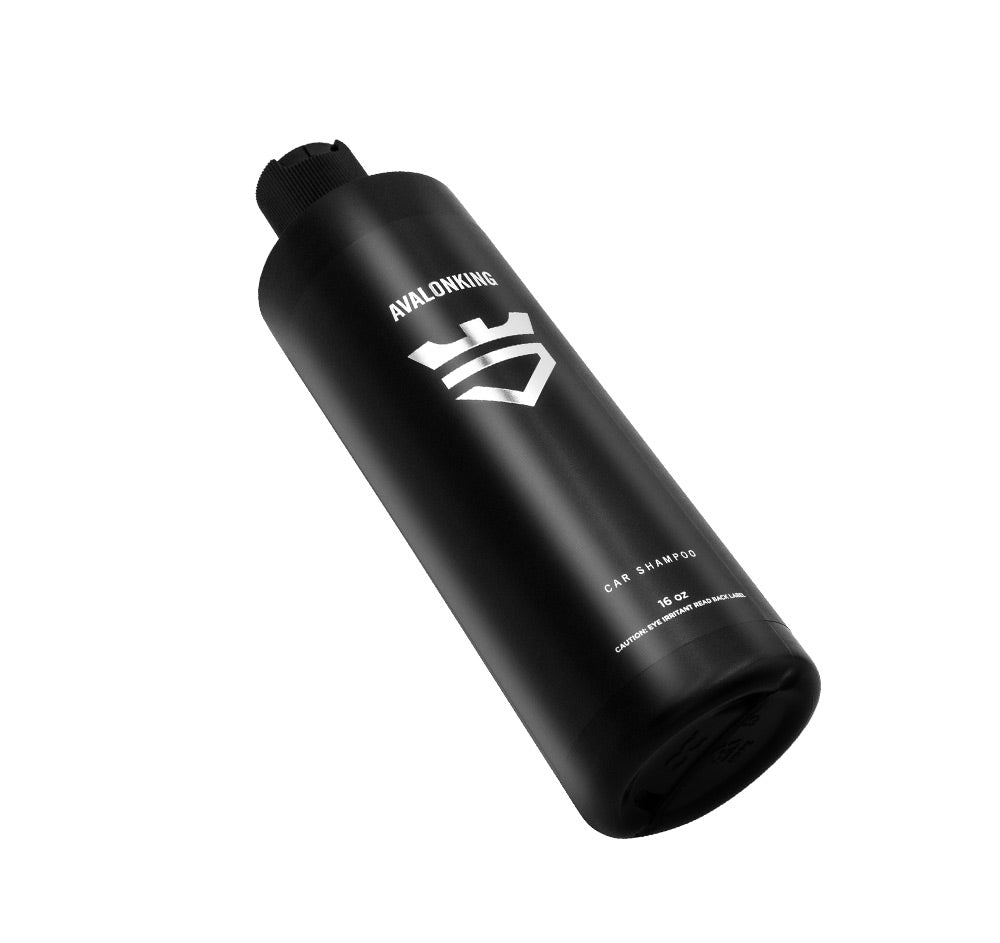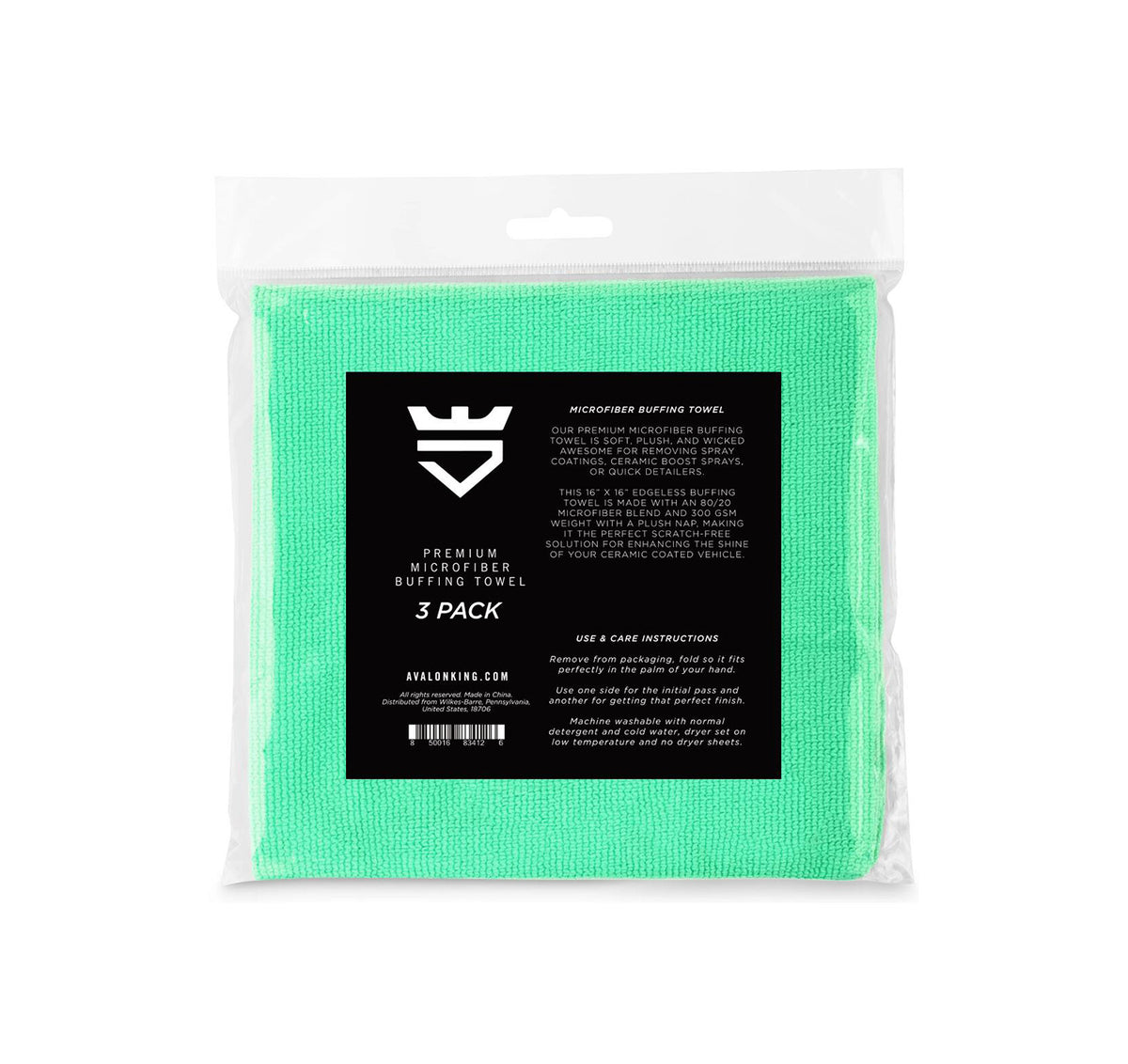What is Chemical Bonding? Explained by AvalonKing
Chemical bonding is a fundamental concept in the field of chemistry, playing a pivotal role in the formation of everything from the smallest molecules to the largest structures. It is the process by which atoms combine to form compounds, and it is the force that holds these compounds together. This article will delve into the intricacies of chemical bonding, explaining its relevance and application in the context of ceramic coating.
Chemical bonding is a complex process that involves the interaction of electrons in the outermost shell of atoms, also known as the valence shell. The type of bond formed depends on the nature of these interactions. This article will explore the different types of chemical bonds, their properties, and how they contribute to the formation and performance of ceramic coatings.
Understanding Chemical Bonds
Chemical bonds are the glue that holds atoms together in a molecule or compound. They are formed when atoms share, donate, or accept electrons from other atoms. The type of bond formed depends on the nature of this electron interaction. There are three main types of chemical bonds: covalent bonds, ionic bonds, and metallic bonds.
Each type of bond has unique properties that influence the characteristics of the compounds they form. For instance, covalent bonds result in molecules with low melting and boiling points, while ionic bonds form compounds with high melting and boiling points. Understanding these properties is crucial in the context of ceramic coatings, as they directly impact the coating's performance and durability.
Covalent Bonds
Covalent bonds are formed when two atoms share one or more pairs of electrons. This type of bond is common in non-metal elements, such as hydrogen, oxygen, and nitrogen. Covalent bonds result in the formation of molecules, which are groups of atoms held together by these shared electrons.
Covalent bonds are strong and stable, making them ideal for forming durable compounds. In the context of ceramic coatings, covalent bonds contribute to the coating's resistance to heat, chemicals, and physical wear. This is because the shared electrons create a strong bond between the atoms, making it difficult for the compound to break apart under stress.
Ionic Bonds
Ionic bonds are formed when one atom donates one or more electrons to another atom. This results in the formation of ions, which are atoms or groups of atoms with a net positive or negative charge. The ions are then attracted to each other due to their opposite charges, forming an ionic bond.
Ionic bonds are common in compounds formed between metals and non-metals. They result in the formation of crystalline structures with high melting and boiling points. In the context of ceramic coatings, ionic bonds contribute to the coating's hardness and resistance to corrosion. This is because the strong attraction between the ions makes the compound resistant to breaking apart, even under high stress or corrosive conditions.
Chemical Bonding in Ceramic Coatings
Ceramic coatings are a type of protective coating used in a variety of applications, from automotive to industrial. They are made up of ceramic particles suspended in a liquid binder. When the coating is applied and cured, the ceramic particles bond together to form a hard, durable layer that protects the underlying material from damage.
The performance and durability of a ceramic coating depend largely on the type of chemical bonds formed between the ceramic particles. These bonds determine the coating's resistance to heat, chemicals, and physical wear. Understanding the nature of these bonds is therefore crucial for predicting and optimizing the performance of a ceramic coating.
Covalent Bonding in Ceramic Coatings
Covalent bonds play a crucial role in the formation and performance of ceramic coatings. The ceramic particles in the coating are made up of atoms that are covalently bonded together. These covalent bonds give the particles their hard, durable properties.
When the coating is applied and cured, the ceramic particles bond together to form a continuous layer. This bonding process involves the formation of additional covalent bonds between the particles. These bonds create a strong, stable structure that is resistant to heat, chemicals, and physical wear.
Ionic Bonding in Ceramic Coatings
Ionic bonds also play a significant role in the formation and performance of ceramic coatings. Some ceramic materials, such as alumina and silica, form ionic bonds in addition to covalent bonds. These ionic bonds contribute to the hardness and corrosion resistance of the coating.
During the curing process, the ceramic particles bond together to form a continuous layer. This bonding process involves the formation of additional ionic bonds between the particles. These bonds create a strong, stable structure that is resistant to breaking apart, even under high stress or corrosive conditions.
Conclusion
Chemical bonding is a fundamental concept in chemistry that plays a pivotal role in the formation and performance of ceramic coatings. The type of bonds formed between the ceramic particles determines the coating's resistance to heat, chemicals, and physical wear. Understanding these bonds is therefore crucial for predicting and optimizing the performance of a ceramic coating.
Whether it's the covalent bonds that give the coating its durability, or the ionic bonds that contribute to its hardness and corrosion resistance, each type of bond plays a unique role in the performance of a ceramic coating. By understanding these roles, we can better design and optimize ceramic coatings for a variety of applications.
Now that you understand the science behind chemical bonding and its crucial role in the quality and durability of ceramic coatings, why not experience the benefits firsthand? AvalonKing is dedicated to providing top-tier car care products, including our advanced ceramic coatings that leverage the power of chemical bonds to protect your vehicle. Check out our products and discover how AvalonKing can elevate your car's shine and shield it against the elements, ensuring it looks pristine for years to come.

